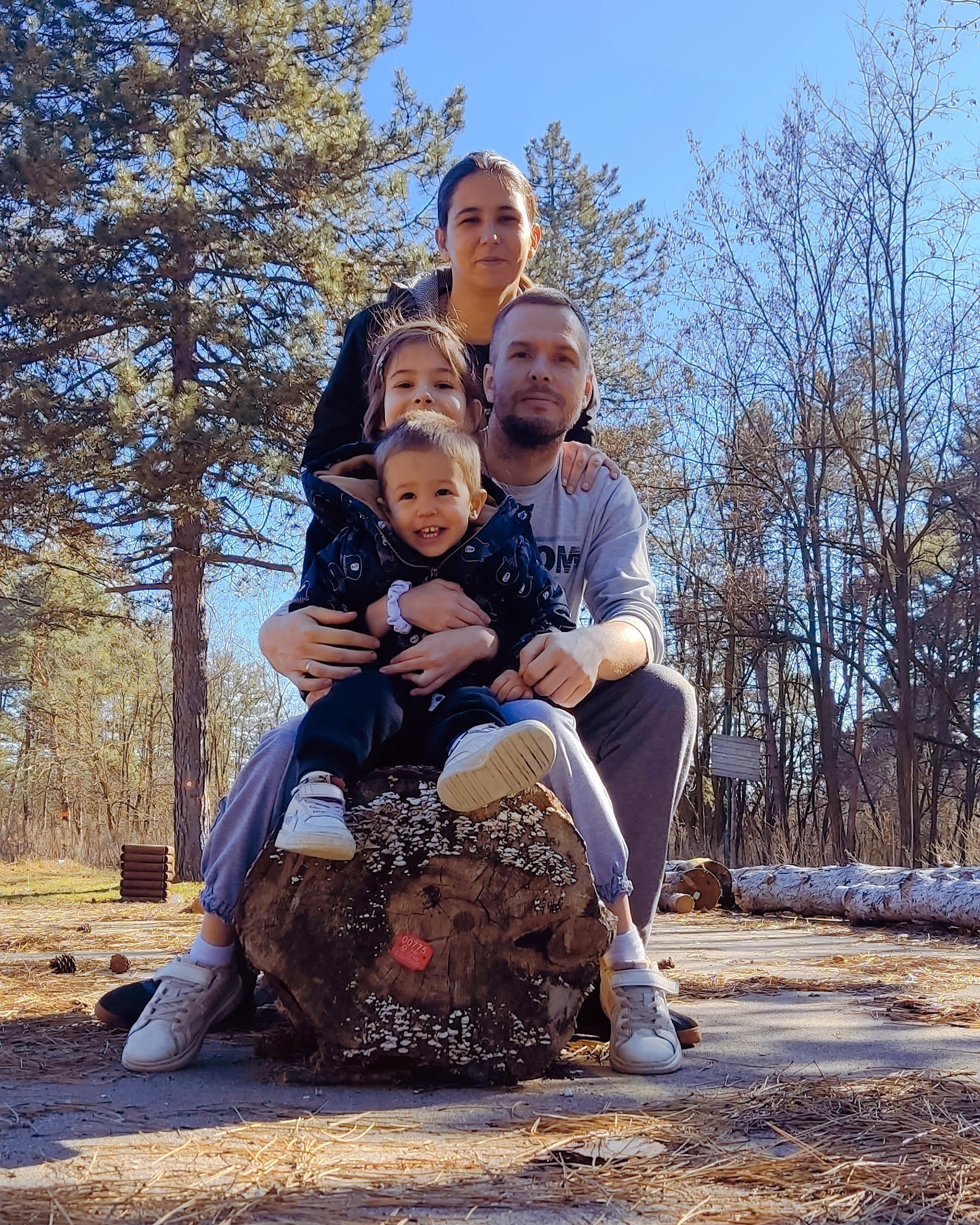„If you don’t know where you’re going, any road will get you there.“ – Cheshire Cat, Alice in Wonderland
If we want our children to become responsible, confident and happy adults, we need to work on it every day. Parents have many long-term goals for their children, but they often don’t know or forget how to act as their child is growing up, in order to accomplish those goals. It’s not an easy road to take. They are often busy and day to day duties remind them that life isn’t always fair. All that rush makes parents often forget that what they do every day for building a relationship with their children is actually investing in their future – and that’s priceless.
It’s not peculiar to see that parents have one thing as their long-term goal, and then do something completely different on an everyday basis, while also using ways that don’t result in the accomplishment of those long-term goals. For example, a parent wants their child to learn to choose what’s best for them. However, whenever a child wants to choose something, the parent makes the choice instead of them. Or, as another example, parents want their child to be confident. But when tries something, or when they’re curious, parents shout at them, label them and judge them.
Consider if sometimes you say the following:
- I want my son to become a capable and independent person, who finds his way in any situation, whatever happens;
- I want my daughter to become a confident woman who loves herself and her body;
- I want my son to become a husband who respects his wife;
- I want my child to be generous, to always respect others and help them;
- I want my child to have social and emotional skills they need to perform well and to get along with their peers at work;
- I want my child to be independent and choose what’s good for them.
This way, you’re actually setting long-term goals for your child. However, in order to achieve them, the first thing you need to do is set efficient, short-term goals.
Long-term goals give us direction and motivation, while short-term goals help us to get closer to the ultimate outcome one step at a time.

Short-term goals help you come closer to achieving your long-term goals for your child. Copyright: Katya Shut
Good short-term goals:
- are the basis for making decisions on a daily basis;
- motivate us and don’t allow us to lose our way;
- allow us to monitor our accomplishments.
In order to define good short-term goals you first need to ponder what are your long-term goals for your child. Think about what kind of person should they become, what qualities should they have and how should they treat themselves, their family and friends.
Write it down in a notebook that’s important for you and one you won’t lose.
Once you do that, you should work on yourself every day and set short-term goals for yourself.
In order for your short-term goals to be efficient, they should be:
- Important – they should contain values you want to install in your child everyday and ones that motivate you;
- Accomplishable – take into account the resources you have at your disposal (time, money, skills, support), conditions and all the circumstances necessary for achieving the goal;
- Specific – provide detailed and clear descriptions of what you want to achieve and what your success is supposed to look like;
- Time-limited– don’t dedicate your whole life to reach the goal, but a limited time period during which you can remember it and monitor it; and
- Tangible – set a goal in a way which allows you to know when it is accomplished.
Here are a few more examples which may help your better understanding of the correlation between short-term and long-term goals:
Long-term goal: I want my child to be confident.
Short-term goal: This week, whenever my child makes an effort to do something difficult for them and something it has not mastered yet, I will praise them by telling them clearly what I like. I am going to avoid criticism and labeling such as: „You’re stupid, shame on you.“
Long-term goal: I want my child to appreciate life and be happy and thankful for everything that happens to them.
Short-term goal: Every night, I will dedicate a few minutes to tell them what I was thankful for that day.
Smiljana Grujic is a psychologist and psychotherapist dedicated to education and a program manager for the Novak Djokovic Foundation. The focus of her work is compassionate communication and emotions management.
Smiljana is the coordinator of the „Support, not Perfection“ program that supports parents who have children 0-6 years old.

















